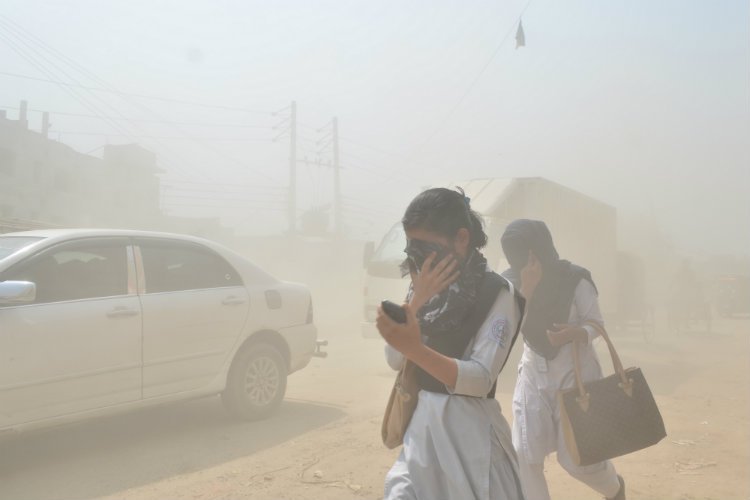Looking to the Long Road Ahead

When Henry Kissinger infamously said in 1971 that Bangladesh would be a famine-prone “basket case,” he could not have predicted that less than 50 years later the country would have moved from the brink of starvation to being well on the way to middle-income status, and become a shining star for development success in the process.The country’s GDP growth rate appears to be accelerating towards 8%. But more importantly, success has not just been measured in economic terms. Bangladesh was one of the few countries to meet most of the targets of the Millennium Development Goals; food insecurity — in terms of access to calories at least — is at an all-time low; and there are 23 million students in school and college, half of them girls. Development success has been people-centered and broad-based.So, it would be nice to think the next few decades will mimic the last. But here is where it gets tricky. A constant temptation for planners and policymakers — in fact, for us humans as a species — is to assume the future will follow much the same trajectory as the past.
Trajectories are important; Bangladesh’s development successes have been built upon the vision and steady determination of many in government and civil society. Without that drive, born out of the traumatic events of the nation’s birth, the country’s trajectory might indeed have been towards becoming a “basket case.”

